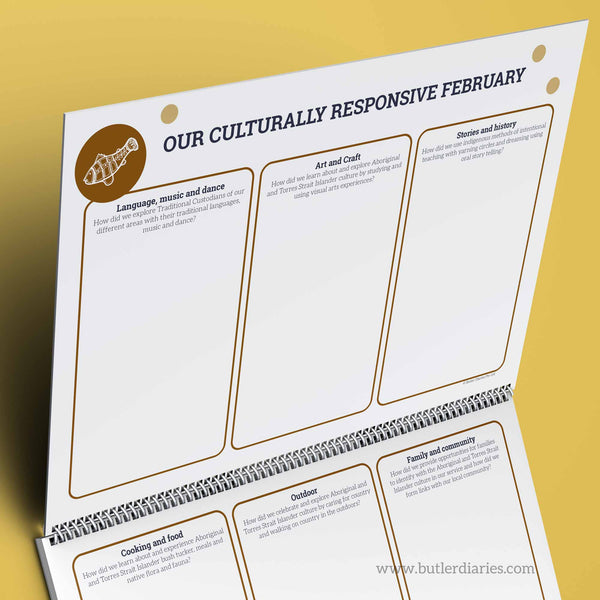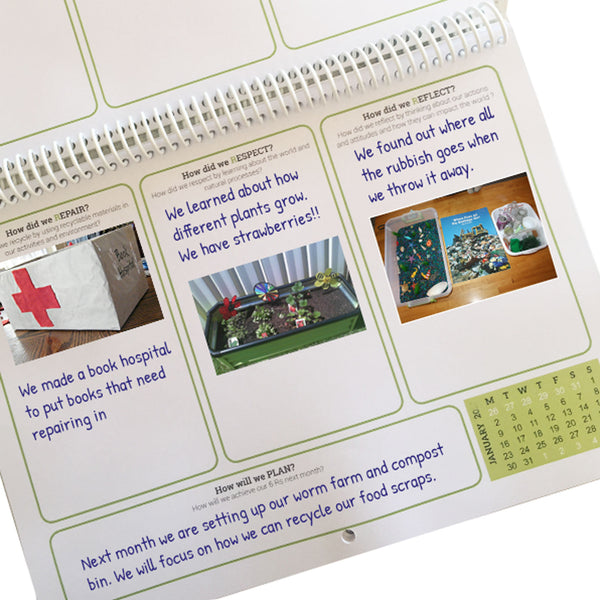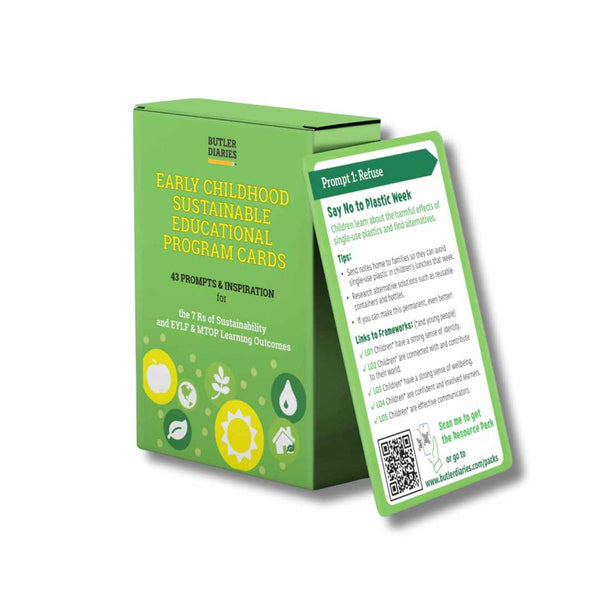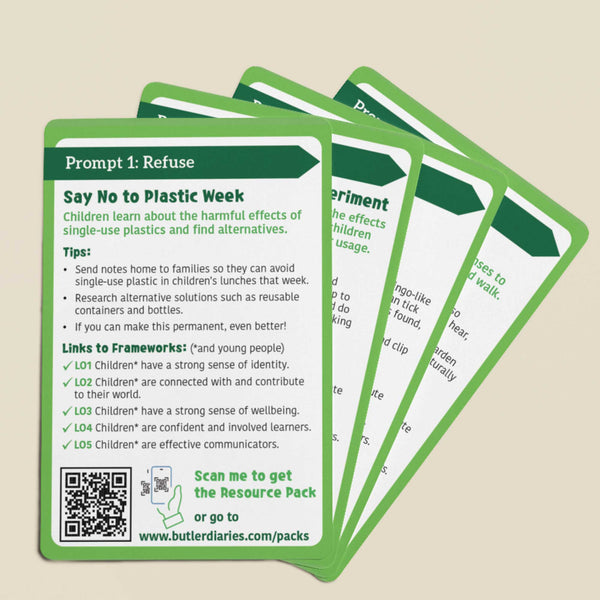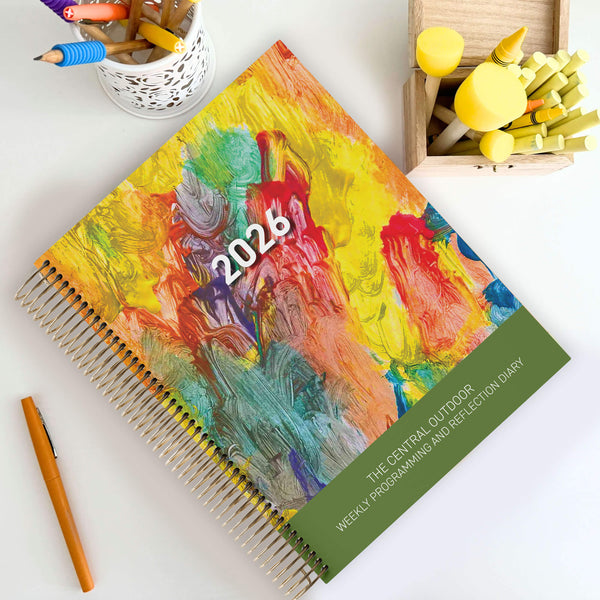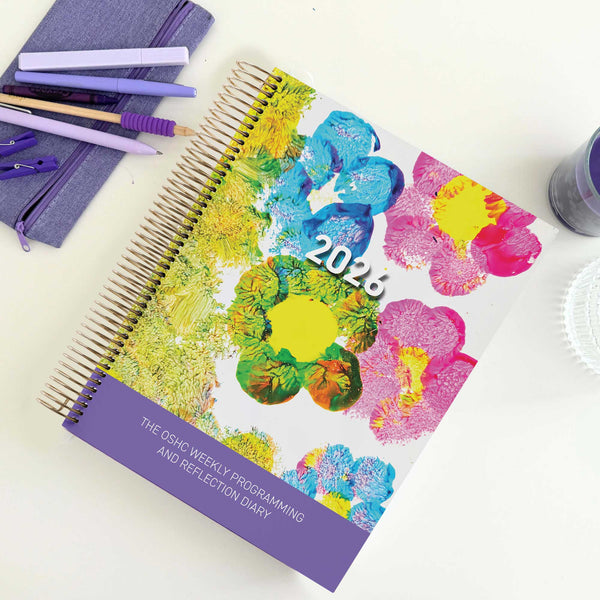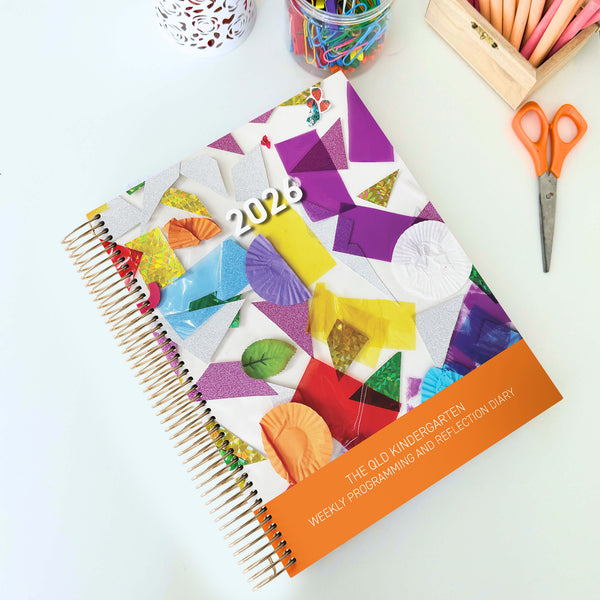Our Culturally Responsive Year is a monthly calendar designed to highlight the culturally competent and responsive practices carried out in the ECE Setting. It is a monthly reminder to actively involve children in cultural practices and activities as well as a record of the experiences for parents and assessors to view. It supports you to "build it in" rather than "bolt it on" to your program and practice. Write stories, draw pictures, or stick in photos to document your month and maintain a record of experiences for parents and assessors to view.
Compliance Under the National Quality Standards
Quality area 1 of the Australian National Quality Standard focuses on educational program and practice. Standard 1.1 ensures your program is guided by an Approved Learning Framework to promote learning in relation to children’s identity and connection with community. Programs should be child-centred and include children’s culture as the foundation.
Quality areas 5 and 6 promote responsive and respectful relationships with children, families, and the community, that can only be achieved when your relationships are built through meaningful interactions and active involvement that includes celebrating expertise, culture, values and beliefs.
2021 NQF ALF Update
This calendar was developed and designed to meet the changes to the Early Years Learning Framework and My Time, Our Place Framework. The recent review focused on Approved Learning Frameworks and highlighted changes to strengthen the connection between Learning Frameworks and the National Quality Standard in Indigenous ways of being, knowing, and doing. The review aims to increase the recognition of the role of early learning services, including OSHC, in advancing reconciliation. These changes include strengthening Indigenous “perspectives throughout the frameworks including the vision, principles, practices, and outcomes” and moving from cultural competence to cultural responsiveness.
New EYLF and MTOP Principle: Aboriginal and Torres Strait Islander Perspectives
Aboriginal and Torres Strait Islander Perspectives was added as a new principle to the new EYLF and MTOP Frameworks. It's focus is to support children in becoming active and informed members of the community and to celebrate Indigenous cultures and history.
New EYLF and MTOP Practice: Cultural Responsiveness
Cultural responsiveness represents a deeper understanding, commitment and respect to the Aboriginal and Torres Strait Islander culture and perspectives throughout our practice.
Combing cultural responsiveness with effective pedagogies requires considering;
- Language acquisition
- Continuity of learning
- Relationships and partnerships with professionals, and
- Family and community learning environments
The Cultural Calendar prompts consideration in these areas with its six planning boxes:
- Language, music and dance is about embedding language and different forms of expression from Indigenous cultures into everyday conversations and experiences.
- Art and craft value the visual arts and its importance in communicating and identity.
- Stories and history embed Indigenous methods of learning and sharing their identity into your program and practice.
- Cooking and food open children’s experiences to include traditions beyond their household meal time experiences.
- Outdoor fosters a connection with country and the importance of the environment across cultures.
- Family and community builds a deeper cultural connection and relationship with your centre’s community and family’s cultural traditions and ways of being and is a key component of a ‘built in’ culturally responsive program.
- Reflect and plan maintains an ongoing cycle of planning.
Building In Cultural Responsiveness
Creating a culturally responsive service that has embedded Indigenous perspectives authentically is a key focus of the new NQS and ALF. The Cultural Calendar is designed to strengthen your cycle of planning, reflective practice, and promote ongoing learning. The Cultural Calendar is a monthly prompt to reflect and record how you have “built in” cultural responsiveness into your program and practice rather than simply “bolting it on”. Importantly, it steers away from the “tick a box” cultural planning that can often occur in services by prompting thoughtful consideration of environments and experiences with a visual planner.
“It can be difficult with so much happening in your day to ensure you are effectively including cultural diversity into your everyday practice. It can sometimes feel like a checkbox thing rather than a part of a holistic program. This is the perfect prompt to keep us strengthening our focus on embedding cultural diversity into our room. The Cultural Calendar is a visual prompt of our reflections and responsiveness to ensure it is embedded into our programs and practices as an ongoing cycle without over complicating the documentation. It is perfect to capture photos, reflections, and the children even contribute to it. In a few minutes you can record how you have embedded cultural diversity into your programming and practice and have it nicely displayed for families and children to continue reflective conversations and contribute to the program. It also made it easy to show evidence for Assessment and Rating by having key focus areas for our room displayed.”
– Christine M., Early Childhood Teacher
The Cultural Calendar is a visual reminder to reflect on how you are embedding cultural responsiveness as a practice in your room and service while simply capturing your planning and reflections to share with families, update your Quality Improvement Plan, and show evidence for Assessment and Rating. It promotes a continuous cycle of planning and reflection for the year ahead.
Examples


More Compliance Information
For more detailed information on how the Our Culturally Responsive Year Wall Calendar supports you across National Quality Standards, Approved Learning Frameworks, Theorists, Exceeding Themes, and more, head to the product page and download the Compliance eBook under the what's inside tab. You can also learn more about the new EYLF and MTOP Frameworks by reading this article.










